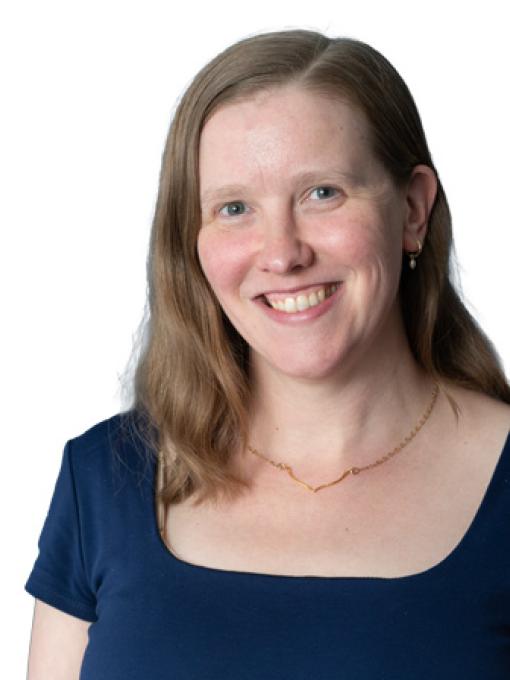The election revealed our pain and brokenness as a country. With so much division, hurt, and anger, it is difficult to look for that of God in each other. What does it mean to love our neighbors now?
Love is hard.
I don’t mean romantic love – the eros kind – although that is hard in its own way. I’m talking about the love and empathy we are called to have for those around us – what the Greeks call agape, or selfless love.
An Episcopal priest I knew years ago explained this kind of love in a way that’s stuck with me. He said that loving our neighbors is like loving our siblings – we don’t always like them very much, but underneath everything they do to drive us crazy, we never question that we love them.
We are living through a campaign season where Donald Trump makes headlines and draws crowds for anti-Muslim rhetoric. In the past year, some in Congress have tried to keep refugees from Syria and Iraq out of the country, despite the lessons of history. Our criminal justice system names people as criminals, doling out mandatory minimum prison sentences whose effects linger long past the sentence’s end.
What does it mean to love our neighbors now?
One part of the equation is to show love to those who are the targets of fear and suspicion. Many of you are involved in this kind of work, personally and politically. FCNL is as well, in lobbying for systemic change.
This orientation towards loving those around us does not make us blind to the mistakes and faults of the people caught in our country’s immigration or criminal justice system, or the possibility that someone could game those systems for their own benefit. What it does do is argue for giving the worth and dignity of every individual more weight, at a time when our shared humanity doesn’t seem to have much weight at all. But that’s not the whole equation. What about those people who are spouting Islamophobia rhetoric, or lobbying to keep Syrian refugees out, or arguing against shorter sentences for people convicted of a drug crime?
Personally, I find it more difficult to remember that those people, too, are my neighbors whom I am called to love. This is where love can feel particularly hard, where I have to remember that I don’t have to like someone, or agree with them, in order to love them. I don’t have to go out of my way to say something nice about them. But I need to orient myself to remember that they’re human too, that in Quaker terms there is something of the Light in them, no matter how difficult it is for me to see, and part of my faith is in continuing to act as if I believe that until I do.
Originally posted May 4, 2016.

